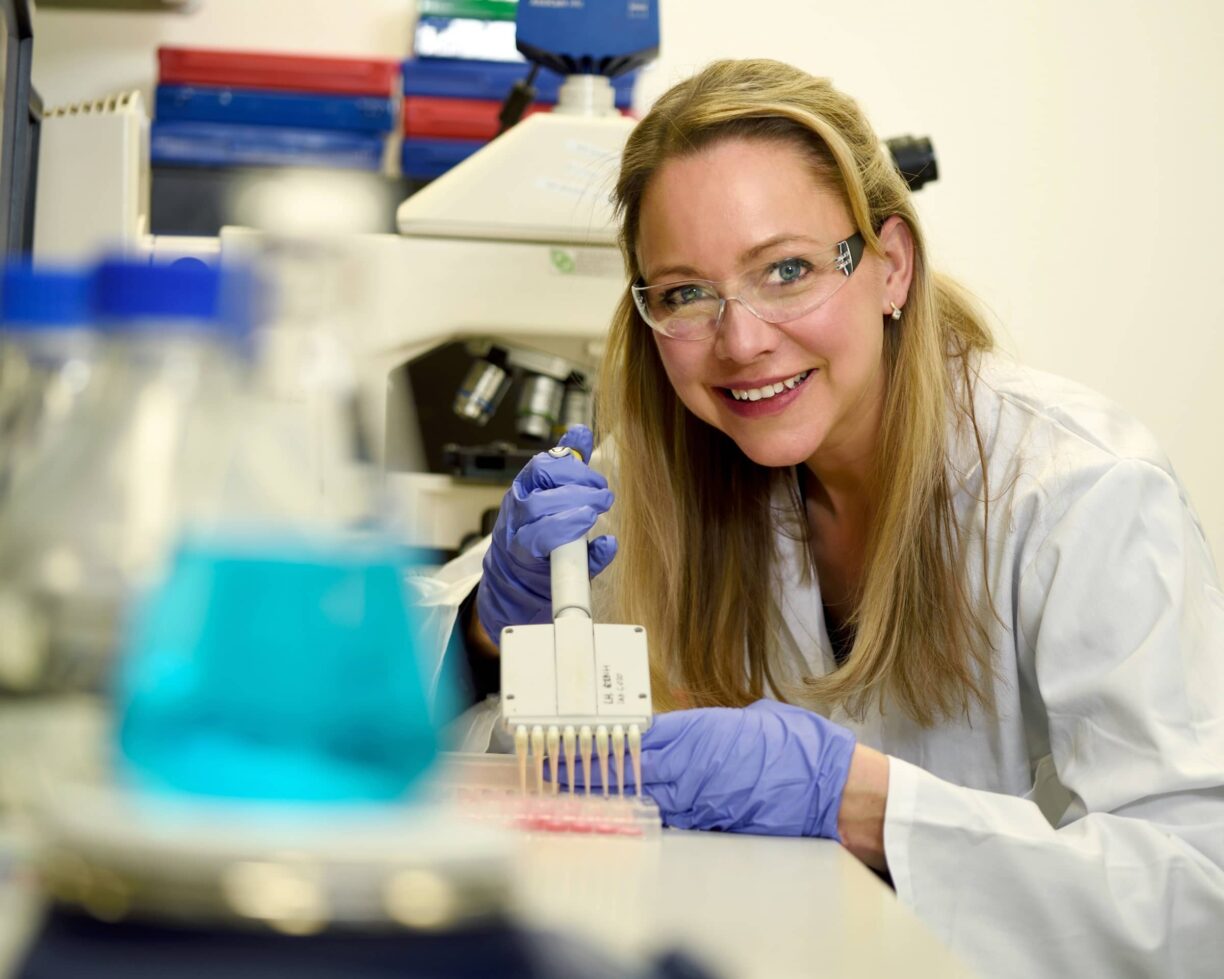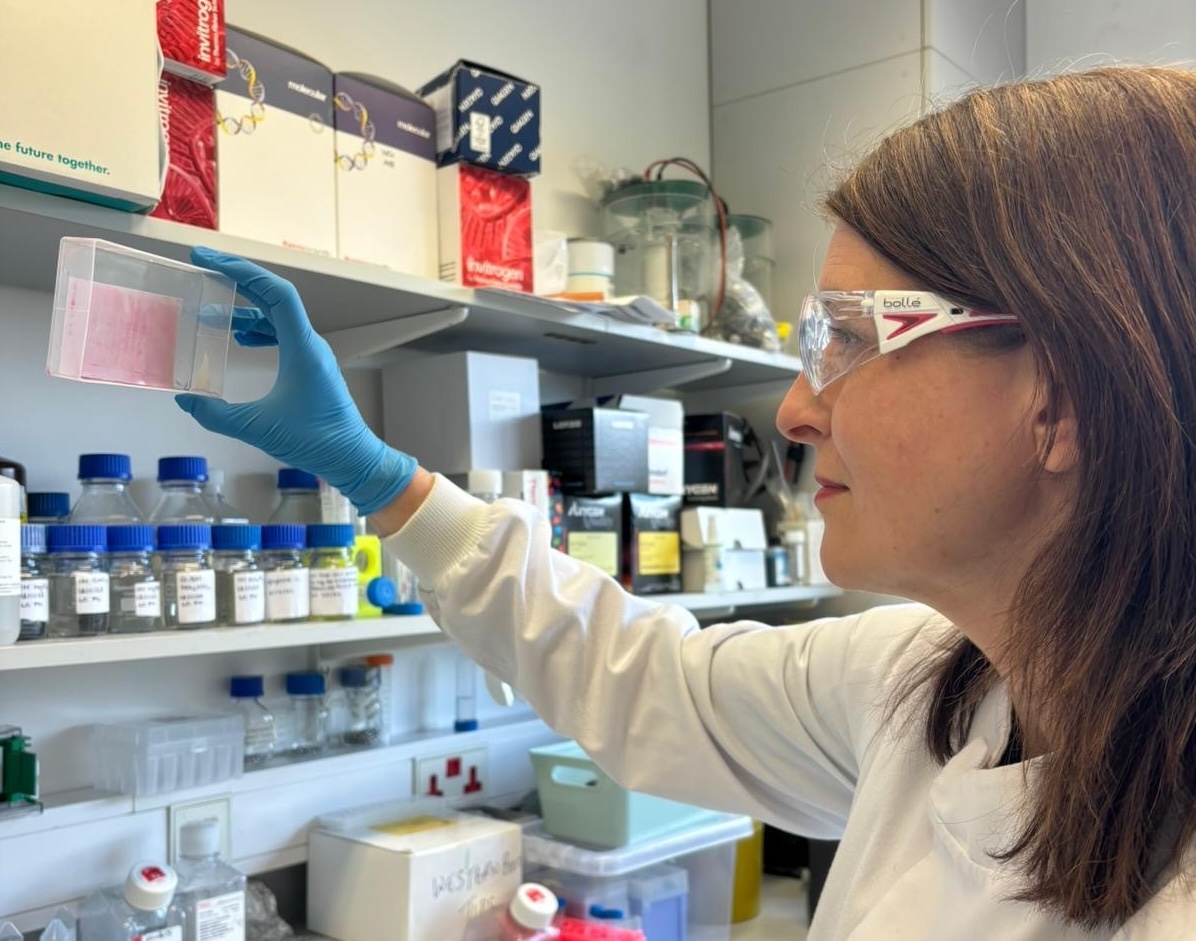A groundbreaking study from the University of Aberdeen could lead to medication for liver disease, which affects 1 in 4 people globally and currently lacks effective treatments.
The research, published in “Cell Metabolism,” was conducted by a team led by Professor Lora Heisler from the University of Aberdeen Rowett Institute and Dr Fiona Murray from the University’s Institute of Medical Sciences.

The team studied over 400,000 individuals’ genes from the UK Biobank, discovering that variants in the GPR75 gene are associated with being lean and a lower likelihood of developing hepatic steatosis, a type of fatty liver disease.
Additionally, the study found that removing GPR75 prevented fatty buildup in the liver after consuming a Western diet in mice.
This breakthrough could pave the way for targeted treatments to combat fatty liver disease.
Professor Heisler emphasized the significance of the study: “People who enrolled in the UK Biobank were profiled, and we found that those with disruptions in the GPR75 gene were less susceptible to fatty liver disease.
This is an important breakthrough. Approximately 1 in 4 people worldwide have non-alcoholic fatty liver disease, however, there are currently no medications to specifically treat this condition.
Advanced non-alcoholic fatty liver disease can lead to cirrhosis, the only cure for which is a liver transplant. This study has highlighted a potential drug target for non-alcoholic fatty liver disease.”
Dr Murray also noted that GPR75, a G protein-coupled receptor, presents a promising target for future treatments, highlighting that “over 30% of medicines act on G protein-coupled receptors, illustrating that GPR75 could be a druggable new target.
Going forward, we plan to harness our discovery and investigate how we can block GPR75 action in the body to translate our findings to the clinic.”
The research represents a significant step towards developing new treatments for liver diseases and potentially reducing the global burden of these conditions.





